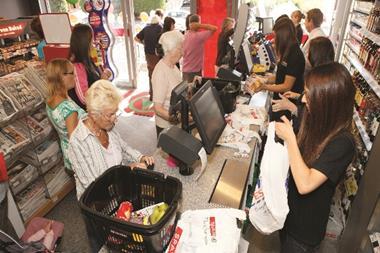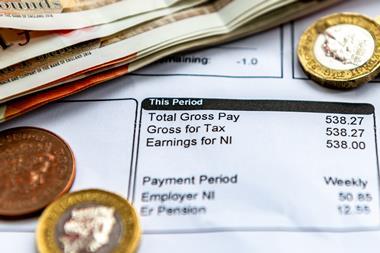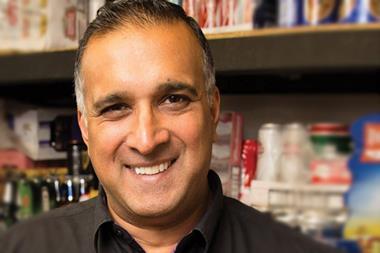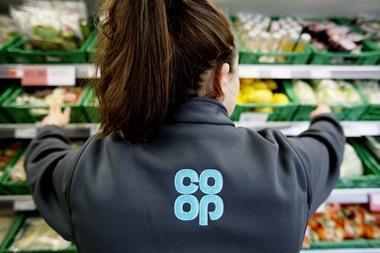Conservative, Labour and Liberal Democrat politicians sought to convince independent retailers of their parties’ small business credentials at a hustings in London on Friday.
With business rates in the spotlight, all three party representatives agreed that the current system required reform and that it disproportionately benefited internet-based businesses.
Shadow chancellor John McDonnell said Labour would introduce a statutory annual revaluation and guarantee a fair appeals process. “We’ll fundamentally reform rates to create a fairer system,” he said. “Businesses won’t ever again face massive hikes.”
Liberal Democrat business spokeswoman, Baroness Susan Kramer, described business rates as a “Victorian” tax which had penalised high street stores. She said the Lib Dems would overhaul the system and introduce a more flexible tax.
Conservative minister David Gauke said there was “a place for a property-based taxation”, but there was a need for more regular revaluations. He said the appeals system needed to be focused on “those who need it most”.
Meanwhile, Londis retailer Arjan Mehr asked the panel what they would do to encourage more people to shop on the high street. Both Kramer and Gauke backed more local decision making, with the latter highlighting more local autonomy on policies such as parking. “There is something in empowering local authorities,” said the Conservative MP.
McDonnell suggested Labour would invest more in local policing, describing security as a “massive issue for convenience stores”. He also said Labour would ensure the presence of at least one bank branch on every high street, while the National Investment Bank would be “key” for financing small businesses.
On employment costs, Gauke affirmed the Conservative Party’s commitment to raise the National Living Wage to 60% of median earnings by 2020, while McDonnell spoke of Labour’s ambition to introduce a £10 Living Wage for all workers by 2020 in addition to committing to setting up a Living Wage Board which would include business representatives such as ACS and the FSB.
Baroness Kramer did not commit to a figure on wage rates, but stated that they must be balanced with employment benefits to ensure that people have enough to live, and that public sector pay freezes must be scrapped.
On Brexit, Gauke said that “getting a good deal is the most important challenge for us”, while Baroness Kramer - whose party would hold a second EU referendum - warned that “big companies are better placed to deal with the consequences of coming out of the single market”. McDonnell said Labour was looking at tax reliefs for small businesses in potential Brexit negotiations.
The hustings was organised by the Association of Convenience Stores and the FSB.






















No comments yet